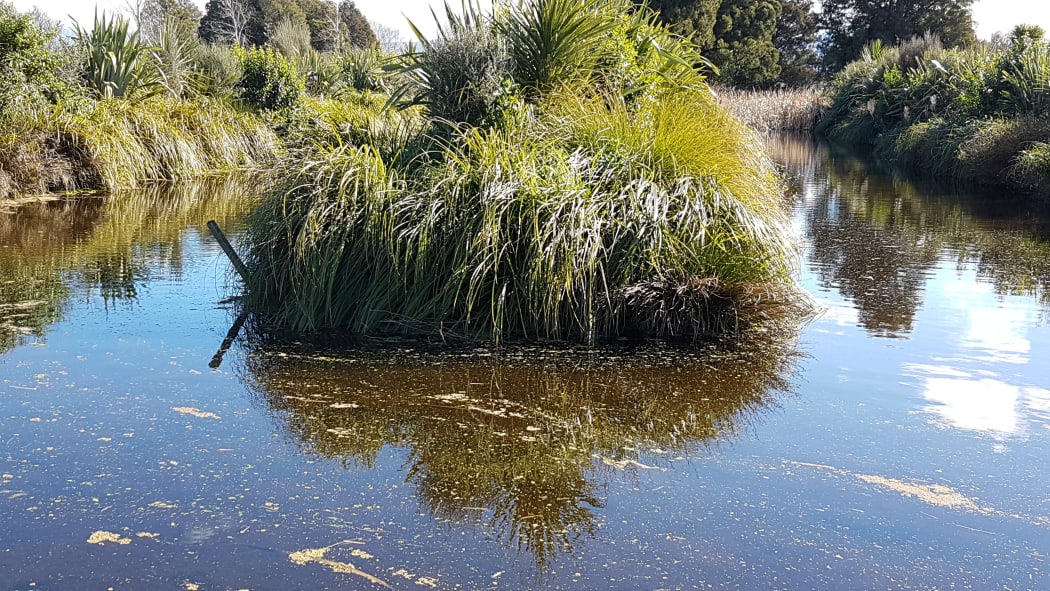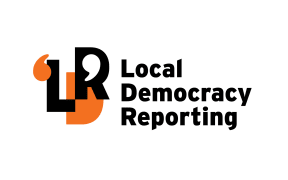The West Coast Regional Council may challenge the legality of labelling Maori reserves as wetlands or significant natural areas.

File photo. Photo: Aiden Bichen
Councils around the country are being made to identify wetlands and SNAs in their districts, including on private land, in line with the government's national policy statements on freshwater and indigenous biodiversity.
But council leaders and iwi working on a new district plan to cover the whole coast are asking if Māori reserves could be exempted from the regime.
Te Rūnanga o Makaawhio chairman Paul Madgwick told the Te Tai Poutini Plan governance group this week that the Crown should have no authority over the iwi's reserve land at Mahitahi/Bruce Bay.
Large areas of the reserves are listed as indigenous wetlands in the regional council schedules, drawn up in large part by the Department of Conservation and confirmed by the Environment Court.
Madgwick said that should never have happened.
"That land was reserved from sale in 1860, it has never come under the authority of the Crown and its tino rangatiratanga remains intact.
"So what gives the Crown the right in 2020 to suddenly say what we can and can't do with our land?"
Māori reserves were different from other types of Māori land, and the schedule 2 wetland designation should not have been "plonked" on top of it, he said.
"I don't see how the government can just have a blanket policy that covers it. I don't believe that's correct and I would like to see a legal ruling on this."
About 6000 acres of Māori customary land on the Coast were reserved from sale at the time of the Arahura Deed of Purchase in 1860, when James Mackay bought a total of 3 million acres for £300.
"That land was never sold - it has never belonged to the Crown at any stage."
Further Māori reserves were created under the South Island Landless Natives Act 1906 after Ngāi Tahu petitioned the Crown over their lack of land throughout the island.
"The government got their surveyors to pick the reserves and it was all inaccessible bush or swamp. It was useless then, in economic terms - and now they want it back."
Senior planner Lois Easton said she believed the councils could mount an argument that Māori land should be exempt.
There was support within the Resource Management Act to approach Māori land differently, she told the group.
"I am pretty keen to try, but we may well be challenged, and we would definitely need legal advice."
It was a chance to tackle the 'one size fits all' policy approach and get something that worked for the Coast, not just do what had been done by other councils, Easton said.
The Greymouth Star approached experienced Treaty lawyer Gerald Sharrock for his thoughts on Poutini Ngāi Tahu's position.
Sharrock, a barrister and solicitor who has represented many Māori claimants in the courts and Waitangi Tribunal hearings, said the iwi could mount an argument based on the Supreme Court decision in the Wakatu/Nelson Tenths case.
"That is, that the Crown has a fiduciary duty to Māori not to impair the value or usefulness of any land in Māori ownership at the time of the full and final settlement of their Treaty claim."
The principle was fundamental and quite simple, Sharrock said.
"It means the Crown should be very careful in any attempt to make proclamations or designations on Māori land."
Section 8 of the RMA says anyone exercising powers involving the use, development and protection of natural resources must take into account the principles of the Treaty of Waitangi.
The principles include protection of Māori interests.
The Ngāi Tahu claim was settled in 1996-97.
In its Ngāi Tahu report, the Waitangi Tribunal talked about the overarching 'principle of exchange' and reciprocity.
Māori had agreed to government by the Crown, in exchange for their right to retain 'full tribal authority and control over their lands and all other valued possessions', the tribunal said.
* Disclosure: Paul Madgwick is the editor of the Greymouth Star, which employs the West Coast LDR. He took no part in the commissioning, writing or editing of this LDR story.

Local Democracy Reporting is a public interest news service supported by RNZ, the Newspaper Publishers' Association and NZ On Air.


